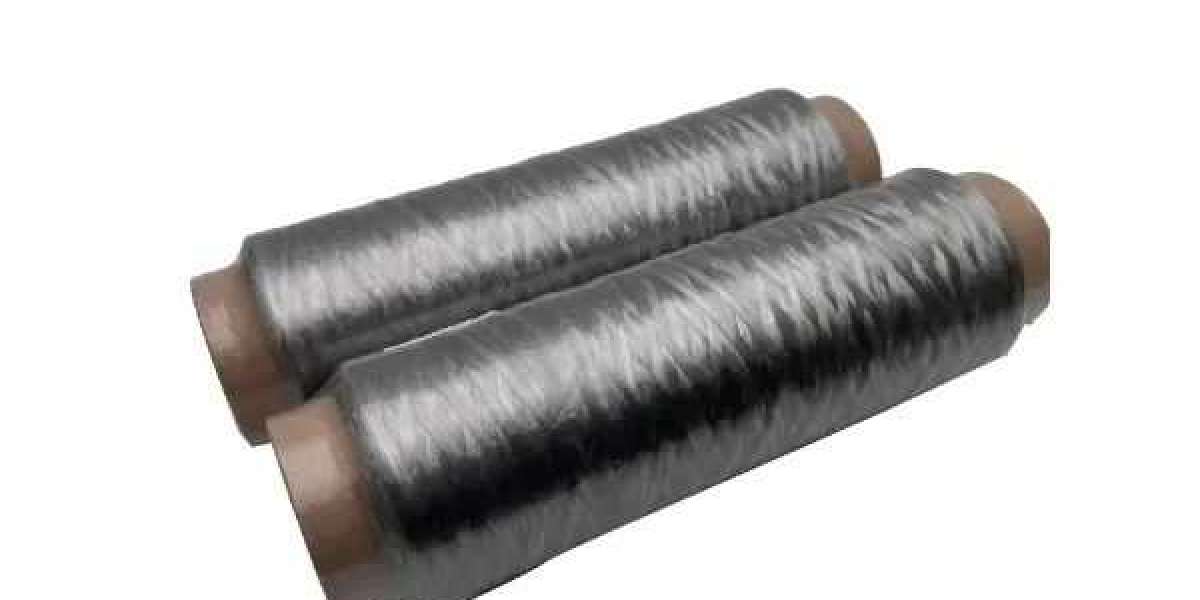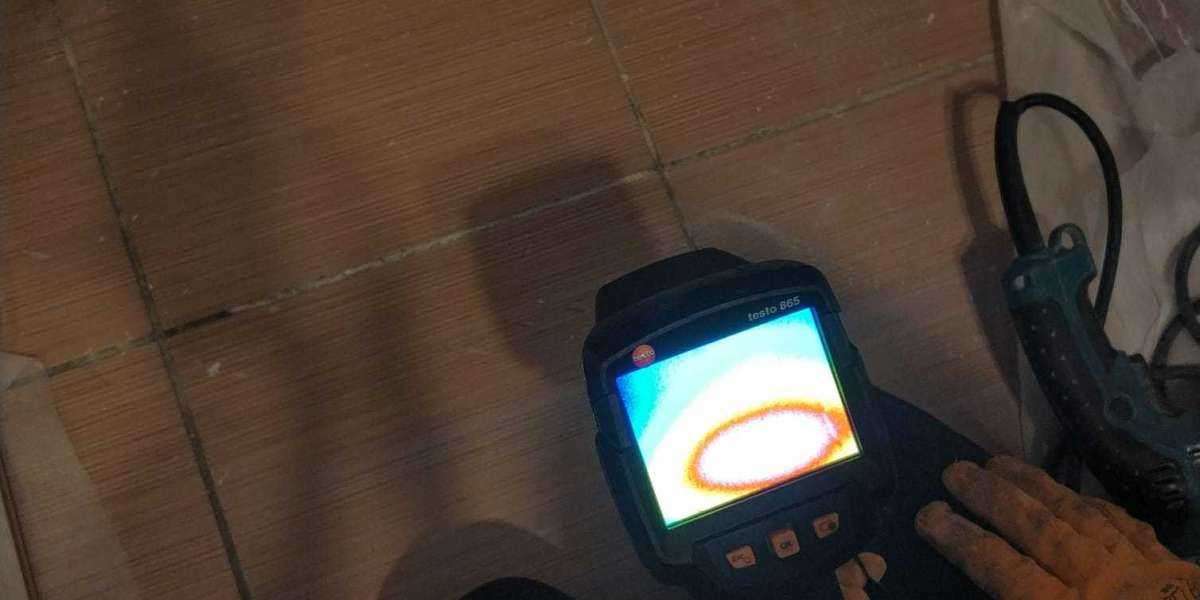Metal fibers have become an integral part of numerous industries, revolutionizing the way we design and manufacture products. These versatile materials offer a wide range of properties that make them ideal for applications in fields such as aerospace, automotive, electronics, textiles, and more. In this blog post, we will delve into the different properties of industry-standard metal fibers, highlighting their unique characteristics and discussing their significance in various sectors.
1. Strength and Durability:
One of the key advantages of metal fibers is their exceptional strength and durability. These fibers are typically made from high-strength alloys, such as stainless steel, titanium, or aluminum, which provide excellent mechanical properties. Their inherent strength allows them to withstand heavy loads, resist deformation, and endure harsh environmental conditions. This makes metal fibers an ideal choice for applications that require structural integrity and long-term reliability.

2. Conductivity and Thermal Properties:
Metal fibers exhibit excellent electrical conductivity and thermal properties, making them invaluable in industries where heat dissipation or electrical conduction is crucial. These fibers can efficiently conduct electricity, making them suitable for applications in electronics, telecommunications, and energy transmission. Additionally, their high thermal conductivity enables effective heat transfer, making them ideal for heat sinks, thermal management systems, and other cooling applications.
3. Flexibility and Ductility:
Metal fibers can be manufactured in various forms, including woven fabrics, non-woven mats, and even as individual strands. This versatility allows them to be easily integrated into different products and applications. Metal fibers also possess excellent ductility, meaning they can be bent, twisted, or shaped without breaking. This flexibility makes them suitable for applications that require intricate designs, such as wearable technology, smart textiles, and advanced composites.
4. Corrosion Resistance:
Many metal fibers, particularly those made from stainless steel or other corrosion-resistant alloys, exhibit excellent resistance to rust and degradation. This property is of utmost importance in industries where exposure to moisture, chemicals, or harsh environments is common. Metal fibers with high corrosion resistance are widely used in marine applications, chemical processing plants, and outdoor structures, ensuring longevity and reliability in challenging conditions.
5. Lightweight and High Strength-to-Weight Ratio:
Metal fibers offer a remarkable strength-to-weight ratio, meaning they can provide exceptional strength while being lightweight. This property is particularly advantageous in industries such as aerospace and automotive, where reducing weight without compromising strength is crucial. By incorporating metal fibers into components and structures, manufacturers can achieve significant weight savings, leading to improved fuel efficiency, increased payload capacity, and enhanced overall performance.
6. Magnetic Properties:
Certain metal fibers, such as those made from iron or nickel alloys, exhibit magnetic properties. This characteristic makes them suitable for applications in industries like electronics, sensors, and magnetic shielding. Metal fibers with magnetic properties can be used to create electromagnetic shields, magnetic sensors, and other devices that require precise control over magnetic fields.
Conclusion:
The properties of metal fibers make them indispensable in a wide range of industries. Their strength, durability, conductivity, flexibility, corrosion resistance, lightweight nature, and magnetic properties enable innovative solutions and advancements in various sectors. Whether it's enhancing the performance of aerospace components, improving the efficiency of electronic devices, or creating durable textiles, metal fibers continue to play a vital role in shaping the future of manufacturing and technology. As industries evolve, so too will the applications and properties of metal fibers, ensuring their continued relevance and importance in the years to come.
Yancheng Zhongming is an excellent metal fibers supplier. We will provide you with high-quality products and excellent services. Welcome to come for consultation at any time.
https://www.zm-fiber.com/Different-properties-of-industry-standard-metal-fibers.html








